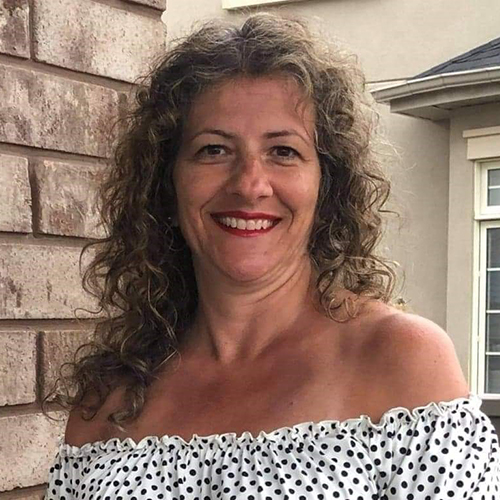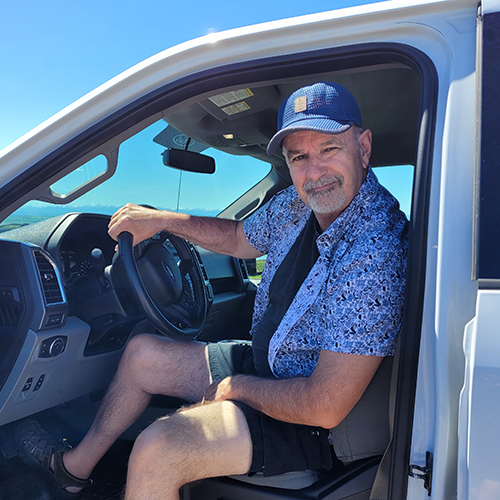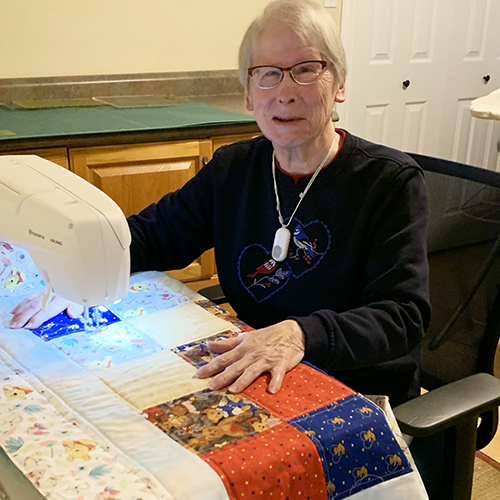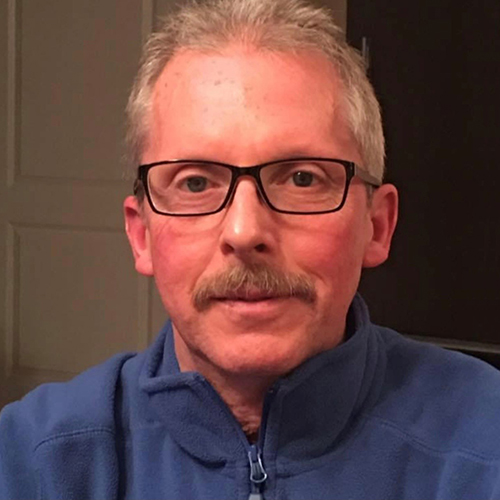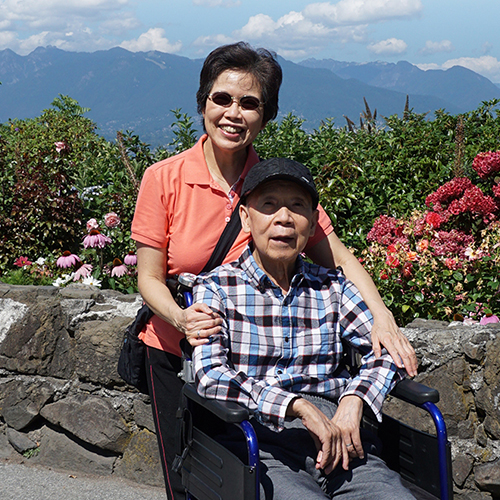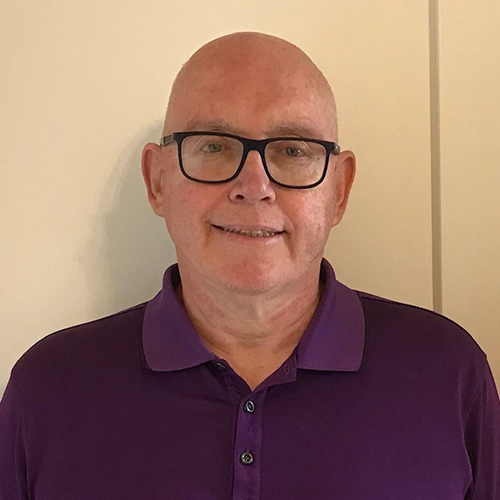Angie Montagnese is in a good place now. “I’ve always been a go-getter and strong person,” says Angie. “I’ve made a bad experience into a great experience. I love my life and couldn’t ask for anything more.”
Five years ago when she was 43, Angie had a warning stroke. She was dizzy, lost her vision and passed out. When she came to, she was able to call out to her son and he dialed 911.
When she got to the hospital, her vision came back, she was treated for vertigo and sent home. But Angie knew something was still wrong.
Two weeks later she had a stroke.
This time, her arm fell to her side numb and she had neck pain. She called 911. Angie told the paramedics and doctors she thought she was having a stroke. When she was seen by doctors, they thought that it must be something else because she was a woman, and so young. They treated her for a herniated disc and sent her home.
Angie pushed for an MRI. Four weeks later, the MRI confirmed that she had in fact had two strokes.
As part of her treatment, Angie attended outpatient neurological rehabilitation. It was there that her occupational therapist told her about March of Dimes Canada’s After Stroke program and the Peel Stroke Support Group.

